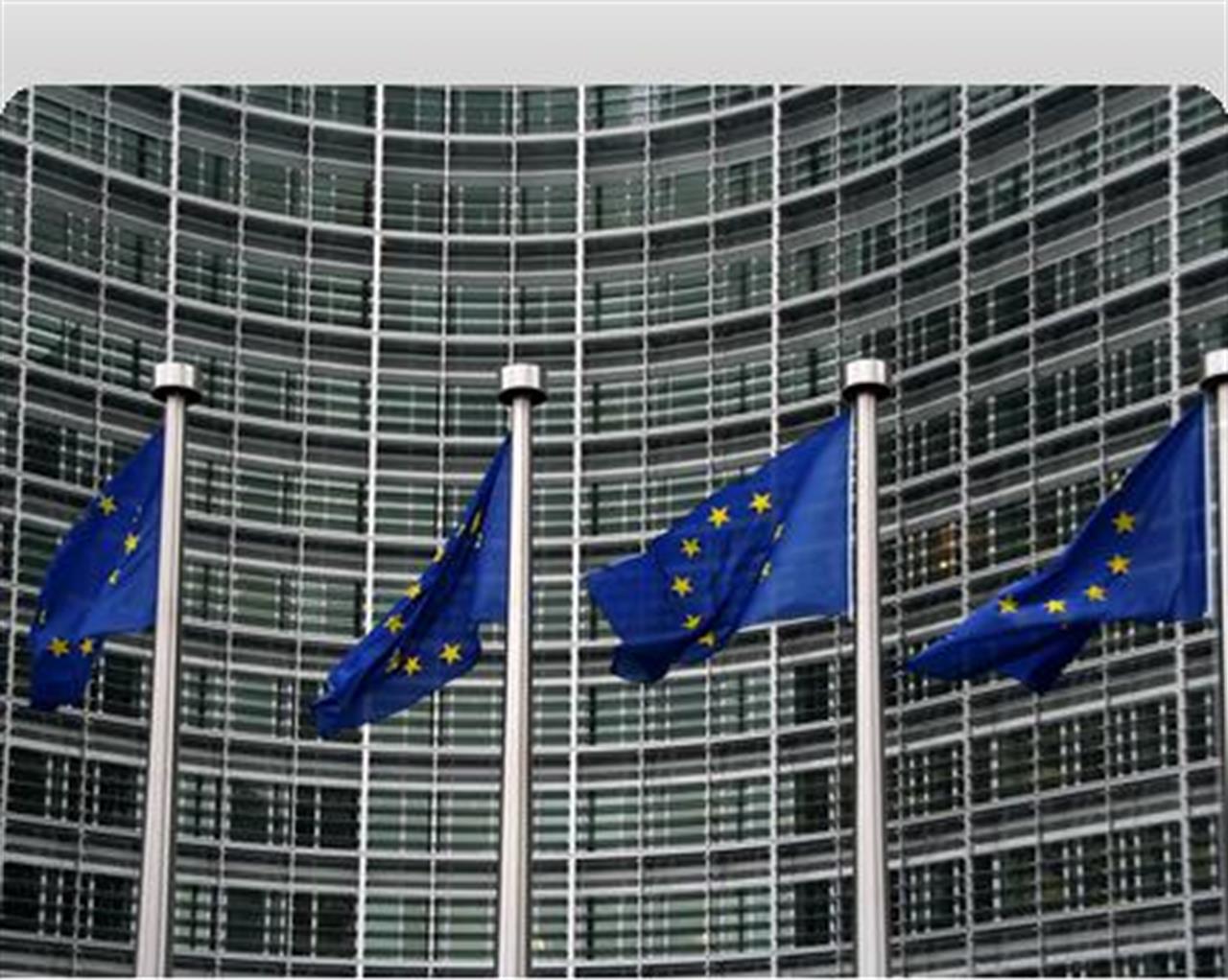Non profit
Belgium votes
Belgian elections cast a shadow on the coming EU presidency: interview with civil society voice Arnaud Zacharie
di Staff

By Joshua Massarenti
Europe’s future is being played out in a handful of square kilometres. A handkerchief of land in the very heart of the Union that today is being fought over by two linguistic communities that are divided over everything. Everyone wants a piece of the Bruxelles-Hal-Vilvoorde electoral district: the more radical Dutch-speaking Flemish want to get their hands on Brussels (a bilingual region, the third largest after Flanders and Wallonia) and separate Flanders from the rest of the country and the Francophone Walloons, who refuse to abandon Europe’s capital city, want to defend national unity and the Francophone community. Moderate voices find it hard to be heard, as Prime Minister Yves Leterme knows well after having had to resign from his electoral victories three times since his electoral victory in 2007, most recently on April 10 2010.
On June 13 Belgians will elect their new leaders. With all due respect to Belgium, the electoral appointment may well have passed unnoticed in Europe had it not been for the fact that it coincided with the European agenda. The EU calendar reminds us that on July 1, Belgium will take on EU presidency; this changes things. There is no guarantee that, in the midst of national turmoil, Belgium will be able to take the reigns of Europe. Indeed, the voting polls predict that the N-VA Flemish separatist party will will. Many, including European institutions, find this a frightening scenario and wonder what will happen if the Flemish majority (60% of the population) take control and the N-VA lead the negotiations with the Francophone parties.
To understand the impact that Belgium’s crisis may have on the next term of the EU presidency, Vita Europe talked to the general secretary of the (Francophone) Belgian NGO platform CNCD 11.11.11, Arnaud Zacharie, who is angry with a “political class who is risking its EU presidency for a mere electoral district”.
And yet this risk is real?
Let me first say that for months, all anyone has talked about is the financial crisis, the social crisis, the environmental crisis. And what happens in Belgium? A government falls because of an electoral district that most Europeans wouldn’t be able to point to on a map of the EU. Even for the country of surrealism, this is pushing it.
They say that if the Flemish separatists were to win, the worst is still to come….
Unfortunately there is this risk. An NV-A triumph may drag out the negotiations between the Flemish and the Walloons over the creation of a new government which means that the EU presidency would not be backed by a strong Belgian leadership. It is important to highlight that the country in charge of the EU presidency has an important role to play when it comes to defining the European agenda and in the coordination of the issues to be discussed by EU ministers. Among these are important issues, like the reform of European cooperation, fighting the economic crisis, the reform of the financial system, European “2020 strategy” or the Cancun climate talks.
All issues that risk being managed by a “technical” Belgian government, without real decisional power. What may this lead to?
In the absence of a new leadership, Brussels will have to manage with its current government, which is limited to managing “current affairs”. It will be limited in what it will be able to do for Europe from now until the end of 2011. It would be a catastrophe.Not just for our country’s image but especially for the EU presidency which will have to tackle important challenges for Europe’s future. Which is why we have asked the Belgian political class to create the government as soon as possible on the night of the 13th.
What key international meetings are set to take place during the Belgian EU presidency?
There are at least four: the Millennium Objectives Summit in September, the Cancun Environment Summit in November/December, the Asia-Europe Summit and the EU-Africa Summit.
What battles will you be leading during the next EU term?
The key meeting, as far as we and the European NGO platform, CONCORD, is concerned, is the Millennium Objectives Summit. Our campaign will focus on four issues: help to development, food sovereignty, the right to work and climate change.
What impact could a weak Belgian government have on an organization like yours?
A negative one. We are the only organization that has managed to increase public funding for poverty. We were at 0.43% of the GDP in 2008 and if all goes well we will reach 0.6% in 2010. This is the kind of issue we want to push in Brussels.Let’s hope that our political class is aware of the risk we are running.
Cosa fa VITA?
Da 30 anni VITA è la testata di riferimento dell’innovazione sociale, dell’attivismo civico e del Terzo settore. Siamo un’impresa sociale senza scopo di lucro: raccontiamo storie, promuoviamo campagne, interpelliamo le imprese, la politica e le istituzioni per promuovere i valori dell’interesse generale e del bene comune. Se riusciamo a farlo è grazie a chi decide di sostenerci.
